Today's Top Picks
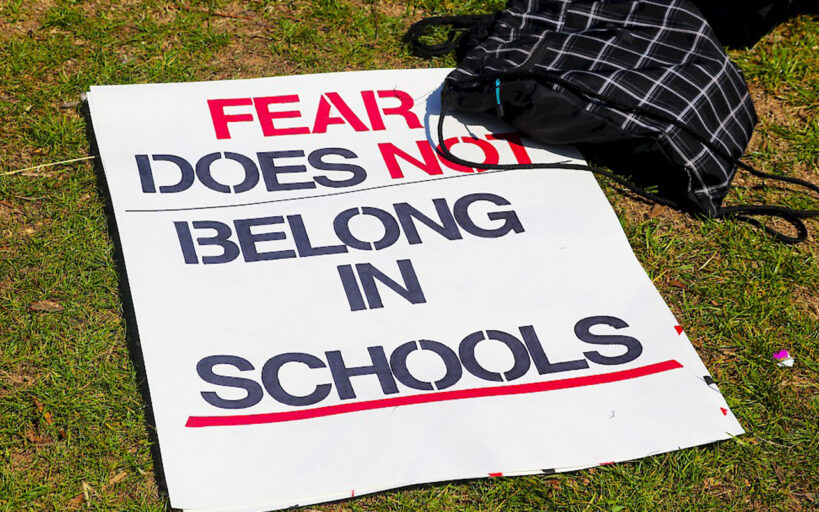
School Active Shooter Drills – From Anxiety to Apathy
The Marjory Stoneman Douglas High School Public Safety Act (MSDHSPSA) was approved by the Florida governor on 9 March 2018. The act implemented numerous new, and at times controversial, laws and requirements for schools, law enforcement, mental health officials, and others. Included in the law was the new requirement for schools to conduct active shooter drills as often as other emergency drills. Since fire drills are usually conducted once a month, the new requirement greatly expanded the number of active shooter (or code red) drills from approximately one to ten per school year in Florida schools.
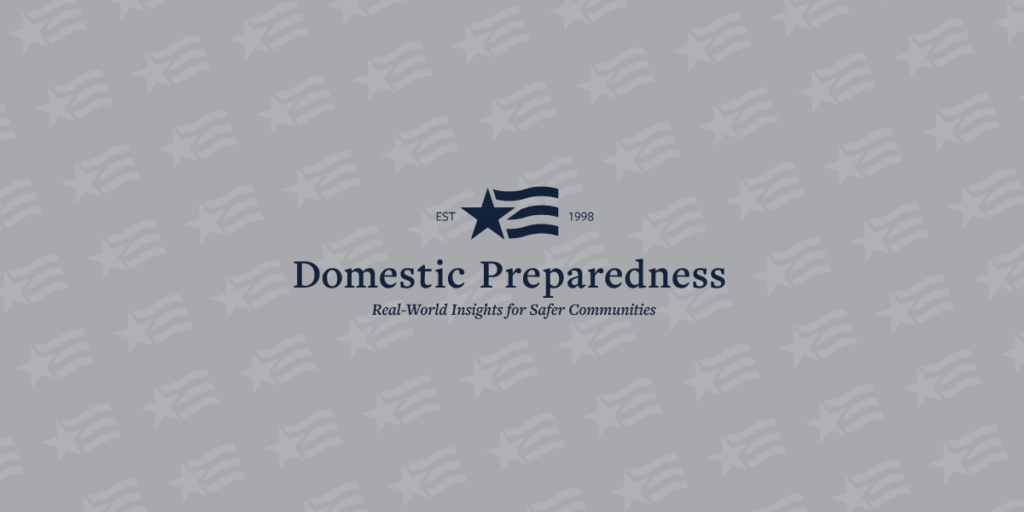
Hybrid Warfare – Merging Old & New Age Threats
Since the end of the Second World War, nations around the globe have seen the evolution of
computers and the internet. The subsequent informational “melting pot” known as the World Wide Web has
created a fertile environment for sharing both critical intelligence and fictitious narratives. When
state actors leverage their existing conventional military tactics and combine them with ever-evolving
cyber technology, this new hybrid warfare tactic introduces numerous new and increasingly challenging
political, psychological, and economic threats.

Uncharted Waters: Volunteers & Active Shooters
Universities often use volunteers to provide assistance in helping keep campuses safe and prepared. Most facilities on campus rely on volunteer crisis managers, crisis coordinators, fire wardens, or similarly named individuals to help with various emergency preparedness and response efforts – especially with evacuations. Some larger, or specialized facilities, have full-time building managers or engineers, who have emergency preparedness and limited response responsibilities. Additional volunteers can also fill such gaps with expanding roles and responsibilities.

Core Principles of Threat Management Units
Homeland security is a complex and ever-evolving challenge whose mitigation necessitates the actions and collaboration of personnel across all branches of government and the private sector. This enhanced complexity presents law enforcement, homeland safety, and security professionals with a myriad of challenges due to an environment overflowing with existential and hybrid threats, technological innovation, interconnectivity, and limited resources.transition done in the perceived safety of a child’s home under the supervision of his/her parent was and remains fraught with inherent danger.
Trending
 Bridging Communication Gaps: Lessons from Hurricane Helene by Greg Hauser Hurricanes in 2024 caused widespread damage to infrastructure, leading to a critical but often overlooked issue: isolation. Physical and technological…
Bridging Communication Gaps: Lessons from Hurricane Helene by Greg Hauser Hurricanes in 2024 caused widespread damage to infrastructure, leading to a critical but often overlooked issue: isolation. Physical and technological… A Systems Thinking Approach to Improving Emergency… by William Chapman “PACE” planning helps organizations fail gracefully, but systems thinking reduces the likelihood of failure altogether. Combining both approaches helps organizations…
A Systems Thinking Approach to Improving Emergency… by William Chapman “PACE” planning helps organizations fail gracefully, but systems thinking reduces the likelihood of failure altogether. Combining both approaches helps organizations… Disaster Stress Management in an Emergency Operations Center by Mary Schoenfeldt Disasters affect responders and community members, but they also bring trauma to those working inside emergency operations centers. Distance from…
Disaster Stress Management in an Emergency Operations Center by Mary Schoenfeldt Disasters affect responders and community members, but they also bring trauma to those working inside emergency operations centers. Distance from… Why Emergency Management Is a Good Career for… by Mathew Perrill For many service members, the transition from the military to a civilian workforce can be challenging. They have been trained…
Why Emergency Management Is a Good Career for… by Mathew Perrill For many service members, the transition from the military to a civilian workforce can be challenging. They have been trained…Trending
 Disaster Stress Management in an Emergency Operations Center by Mary Schoenfeldt Disasters affect responders and community members, but they also bring trauma to those working inside emergency operations centers. Distance from…
Disaster Stress Management in an Emergency Operations Center by Mary Schoenfeldt Disasters affect responders and community members, but they also bring trauma to those working inside emergency operations centers. Distance from… Why Emergency Management Is a Good Career for… by Mathew Perrill For many service members, the transition from the military to a civilian workforce can be challenging. They have been trained…
Why Emergency Management Is a Good Career for… by Mathew Perrill For many service members, the transition from the military to a civilian workforce can be challenging. They have been trained… Bridging Communication Gaps: Lessons from Hurricane Helene by Greg Hauser Hurricanes in 2024 caused widespread damage to infrastructure, leading to a critical but often overlooked issue: isolation. Physical and technological…
Bridging Communication Gaps: Lessons from Hurricane Helene by Greg Hauser Hurricanes in 2024 caused widespread damage to infrastructure, leading to a critical but often overlooked issue: isolation. Physical and technological… A Systems Thinking Approach to Improving Emergency… by William Chapman “PACE” planning helps organizations fail gracefully, but systems thinking reduces the likelihood of failure altogether. Combining both approaches helps organizations…
A Systems Thinking Approach to Improving Emergency… by William Chapman “PACE” planning helps organizations fail gracefully, but systems thinking reduces the likelihood of failure altogether. Combining both approaches helps organizations…Trending
Bridging Communication Gaps: Lessons from Hurricane Helene by Greg Hauser Hurricanes in 2024 caused widespread damage to infrastructure, leading to a critical but often overlooked issue: isolation. Physical and technological…
A Systems Thinking Approach to Improving Emergency… by William Chapman “PACE” planning helps organizations fail gracefully, but systems thinking reduces the likelihood of failure altogether. Combining both approaches helps organizations…
Disaster Stress Management in an Emergency Operations Center by Mary Schoenfeldt Disasters affect responders and community members, but they also bring trauma to those working inside emergency operations centers. Distance from…
Why Emergency Management Is a Good Career for… by Mathew Perrill For many service members, the transition from the military to a civilian workforce can be challenging. They have been trained…
Domestic Preparedness Journal
Featured in this issue
- Special Units and Underutilized Resources
- Law Enforcement and Multidisciplinary Teams
- Public Order Policing Units in Disasters
- State Defense Forces in Emergency Response
- Emergency Carcass Operations
- Wildfire PREsponse: Closing the Gap With Mitigation
- Scouts and the Value of Prepared Youth
- Service Dogs: What First Responders Need to Know
- Emergency Management for Transitioning Veterans
- Podcast – Reframing Hurricane Response: Craig Fugate on Survivors as a First Line of Defense
- Podcast – Built to Serve: Chief Jeffrey J. Wittig on TIFMAS, Teamwork, and Emergency Response
Articles Out Loud

Article Out Loud – Law Enforcement Collaboration Within Multidisciplinary Teams
June 25, 2025
This is an article by Richard Schoeberl and Anthony (Tony) Mottola, an Article Out Loud from Domestic Preparedness, June 25,

Article Out Loud – State Defense Forces: The Untapped Backbone of Emergency Response
June 25, 2025
This is an article by Robert Hastings, an Article Out Loud from Domestic Preparedness, June 25, 2025. As disasters become

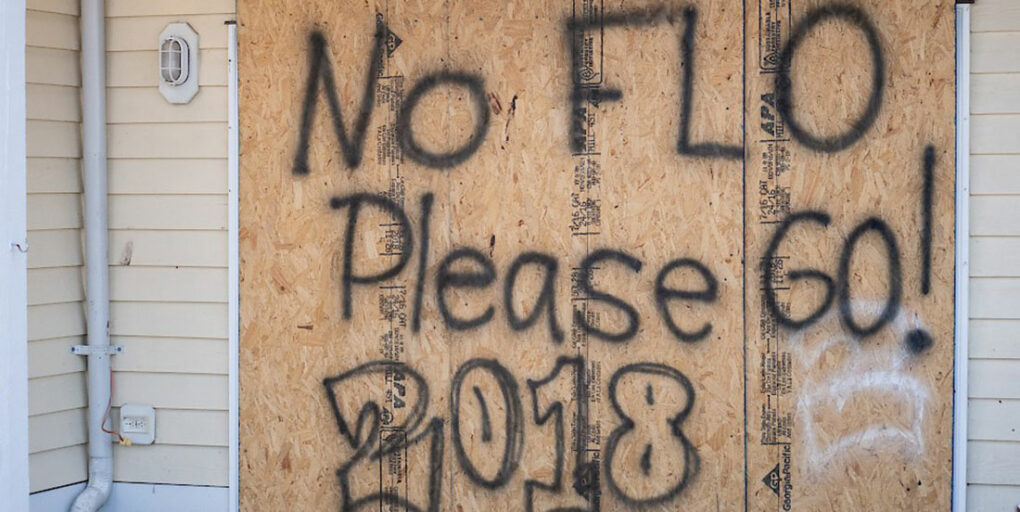

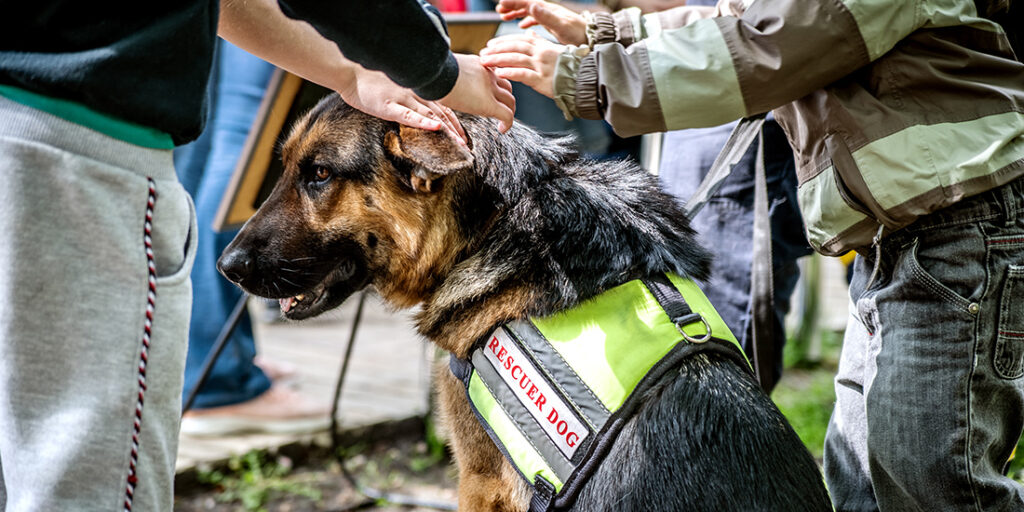
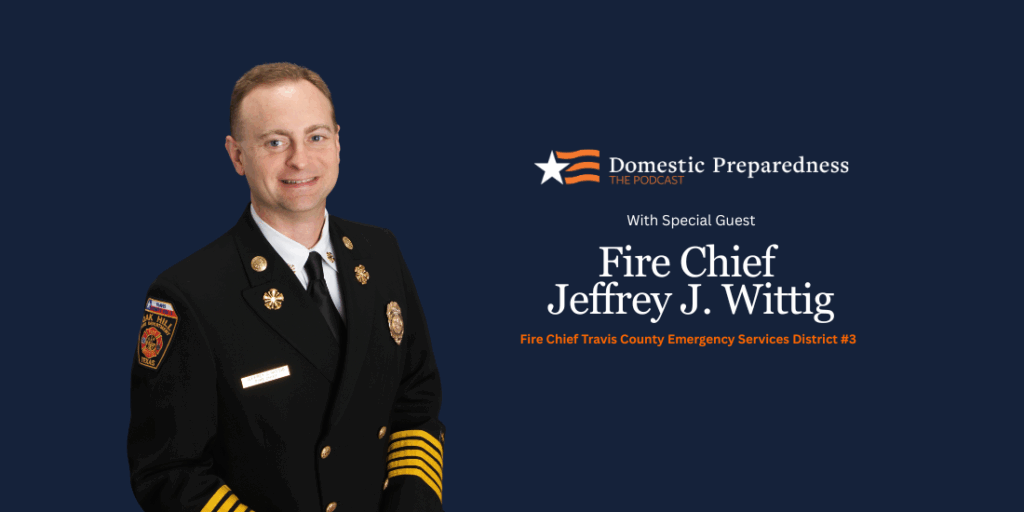
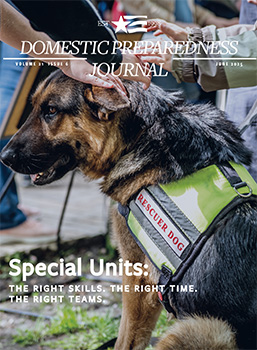

Hybrid Warfare – Impact on Preparedness & Resilience